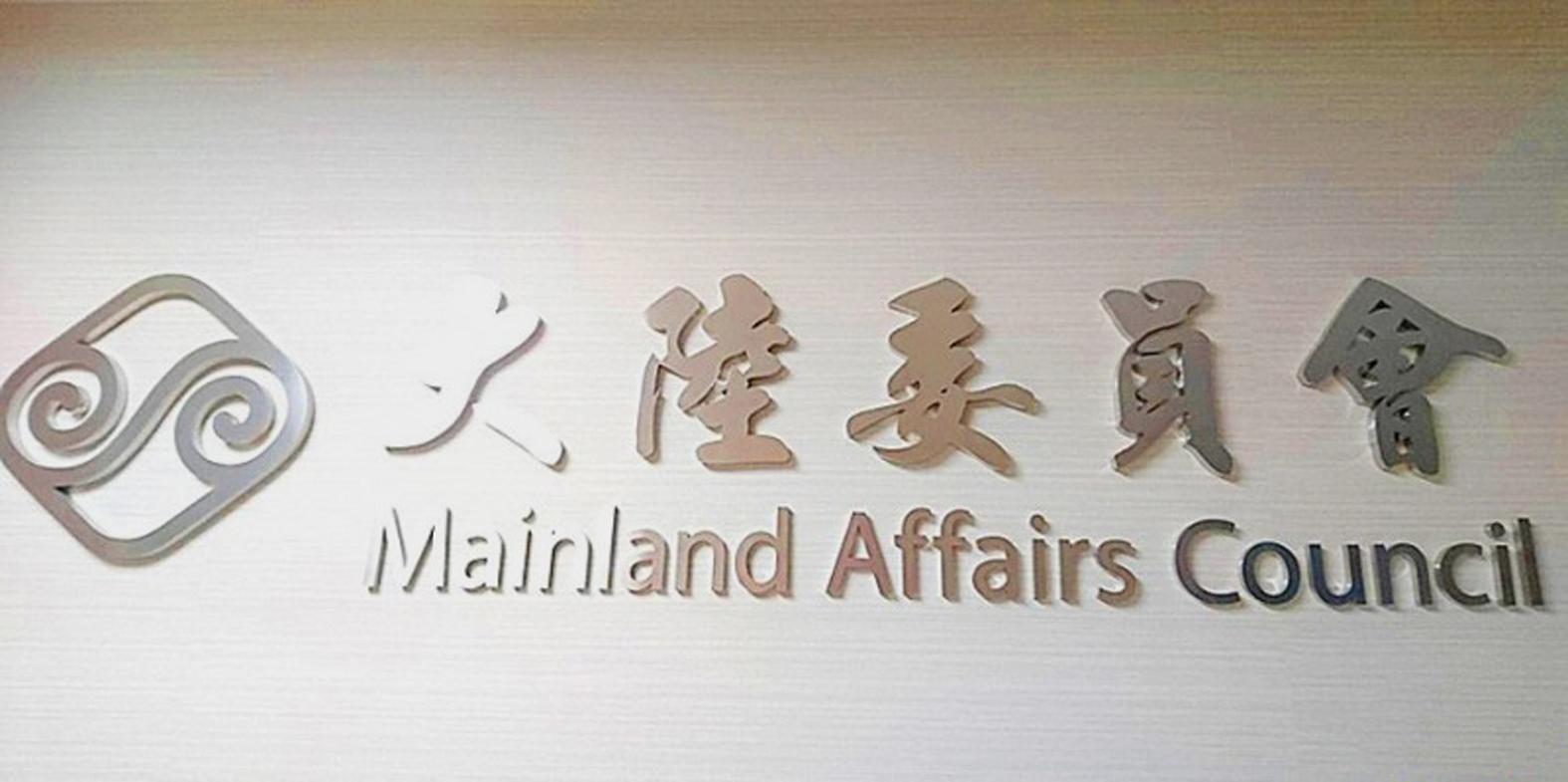The majority of respondents in a survey about Taiwan-China relations support maintaining the “status quo” across the Taiwan Strait, the Mainland Affairs Council said on Thursday.
In a poll of 1,072 people, 84.9 percent said they supported maintaining the “status quo” between Taiwan and China, while 6.8 percent said that Taiwan should declare independence as soon as possible and 1.6 percent said they supported unification with China.
Asked about President Tsai Ing-wen’s (蔡英文) comments about cross-strait relations in her Double Ten National Day address, 77.1 percent said they supported her views, while 12.3 percent were against them.

Photo: Chung Li-hua, Taipei Times
In the speech, Tsai laid out “four commitments”: that the nation will adhere to a free and democratic constitutional system; that the Republic of China and the People’s Republic of China are not subordinate to each other; that the nation will resist annexation or encroachment upon its sovereignty; and that the nation’s future must be decided in accordance with the will of Taiwanese.
The survey, commissioned by the council and conducted by National Chengchi University’s Election Study Center, also showed that 77.1 percent of respondents said they felt that Beijing was “unfriendly” toward Taipei, while 9 percent held the opposite view.
On Beijing’s attitude toward Taiwanese, 57.9 percent said it was “unfriendly,” while 29.1 percent said it was “friendly,” the council said.
The poll showed that public opinion remains strongly against Beijing’s “one country, two systems” formula, with 85.6 percent opposing it and 5.4 percent agreeing with it.
The “one country, two systems” scheme refers to a principle formulated by former Chinese leader Deng Xiaoping (鄧小平) , in which regions such as Hong Kong and Macau could be part of China while retaining their own economic and administrative systems.
The poll, conducted from Nov. 10-14, had a margin of error of 2.99 percentage points.

The Grand Hotel Taipei on Saturday confirmed that its information system had been illegally accessed and expressed its deepest apologies for the concern it has caused its customers, adding that the issue is being investigated by the Ministry of Justice Investigation Bureau. The hotel said that on Tuesday last week, it had discovered an external illegal intrusion into its information system. An initial digital forensic investigation confirmed that parts of the system had been accessed, it said, adding that the possibility that some customer data were stolen and leaked could not be ruled out. The actual scope and content of the affected data

‘LIKE-MINDED PARTNER’: Tako van Popta said it would be inappropriate to delay signing the deal with Taiwan because of China, adding he would promote the issue Canadian senators have stressed Taiwan’s importance for international trade and expressed enthusiasm for ensuring the Taiwan-Canada trade cooperation framework agreement is implemented this year. Representative to Canada Harry Tseng (曾厚仁) in an interview with the Central News Agency (CNA) said he was increasingly uneasy about Ottawa’s delays in signing the agreement, especially as Ottawa has warmed toward Beijing. There are “no negotiations left. Not only [is it] initialed, we have three versions of the text ready: English, French and Mandarin,” Tseng said. “That tells you how close we are to the final signature.” Tseng said that he hoped Canadian Prime Minister Mark Carney

President William Lai (賴清德) yesterday bestowed one of Taiwan’s highest honors on Saint Vincent and the Grenadines (SVG) Ambassador Andrea Clare Bowman in recognition of her contributions to bilateral ties. “By conferring the Order of Brilliant Star with Grand Cordon on Ambassador Bowman today, I want to sincerely thank her, on behalf of the Taiwanese people, for her outstanding contribution to deepening diplomatic ties between Taiwan and SVG,” Lai said at a ceremony held at the Presidential Office in Taipei. He noted that Bowman became SVG’s first ambassador to Taiwan in 2019 and

A man walks past elementary school artworks at the Taipei Lantern Festival in Ximen District yesterday, the first day of the event. The festival is to run from 5pm to 10pm through March 15.